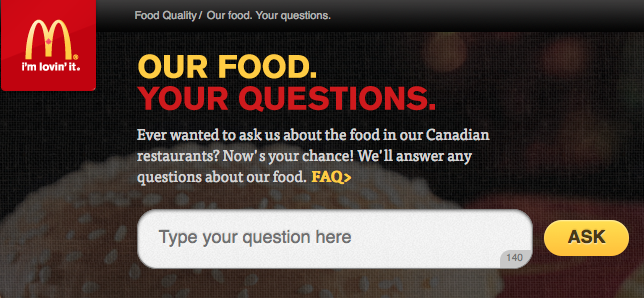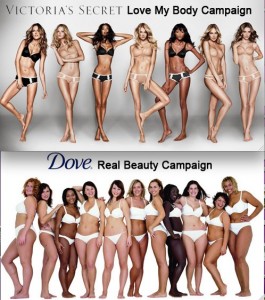Tea houses are becoming a trend in the Vancouver area but David’s Tea isn’t just another bland tea house serving the same basic teas. David’s Tea offers over 150 different kinds of teas in the most extraordinary flavours. It offers everything from the traditional green or black teas to chocolate tea.

Its unique tea collection differentiates David’s Tea from other competitors but the creative names associated with the teas make the product even more appealing to the consumer.
Santa’s Secret, Banana Dream Pie, and Chocolate Chili Chai are just a few teas it offers. The unique names associated with its tea collection have helped transform ordinary tea into a differentiated product; therefore, the company’s smart approach to differentiation has been the reason for its quick expansion across Canada.
Work Cited:
http://www.davidstea.com/
20090327_DavidsTea_05.jpg (photo)
images (photo)
















